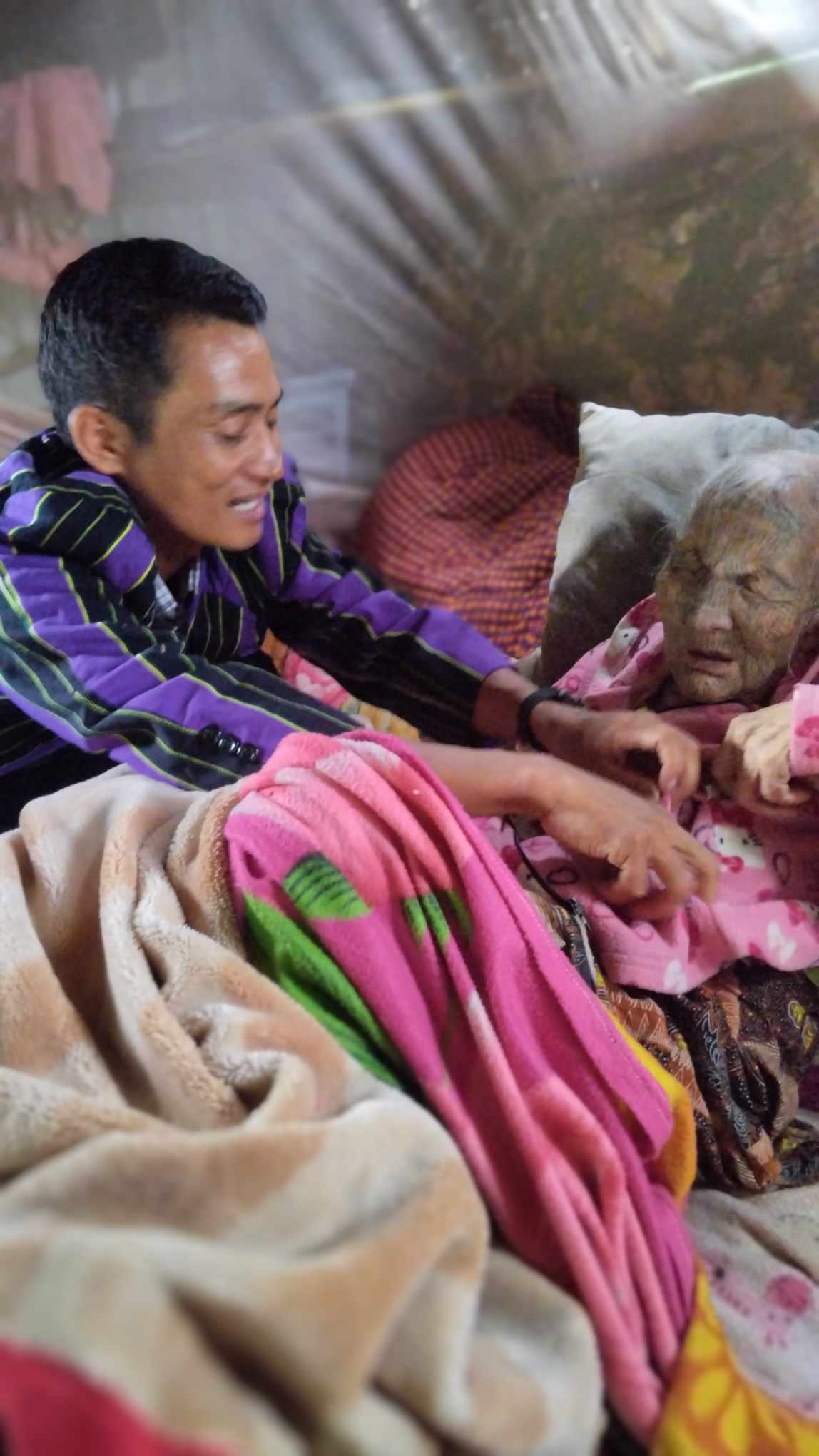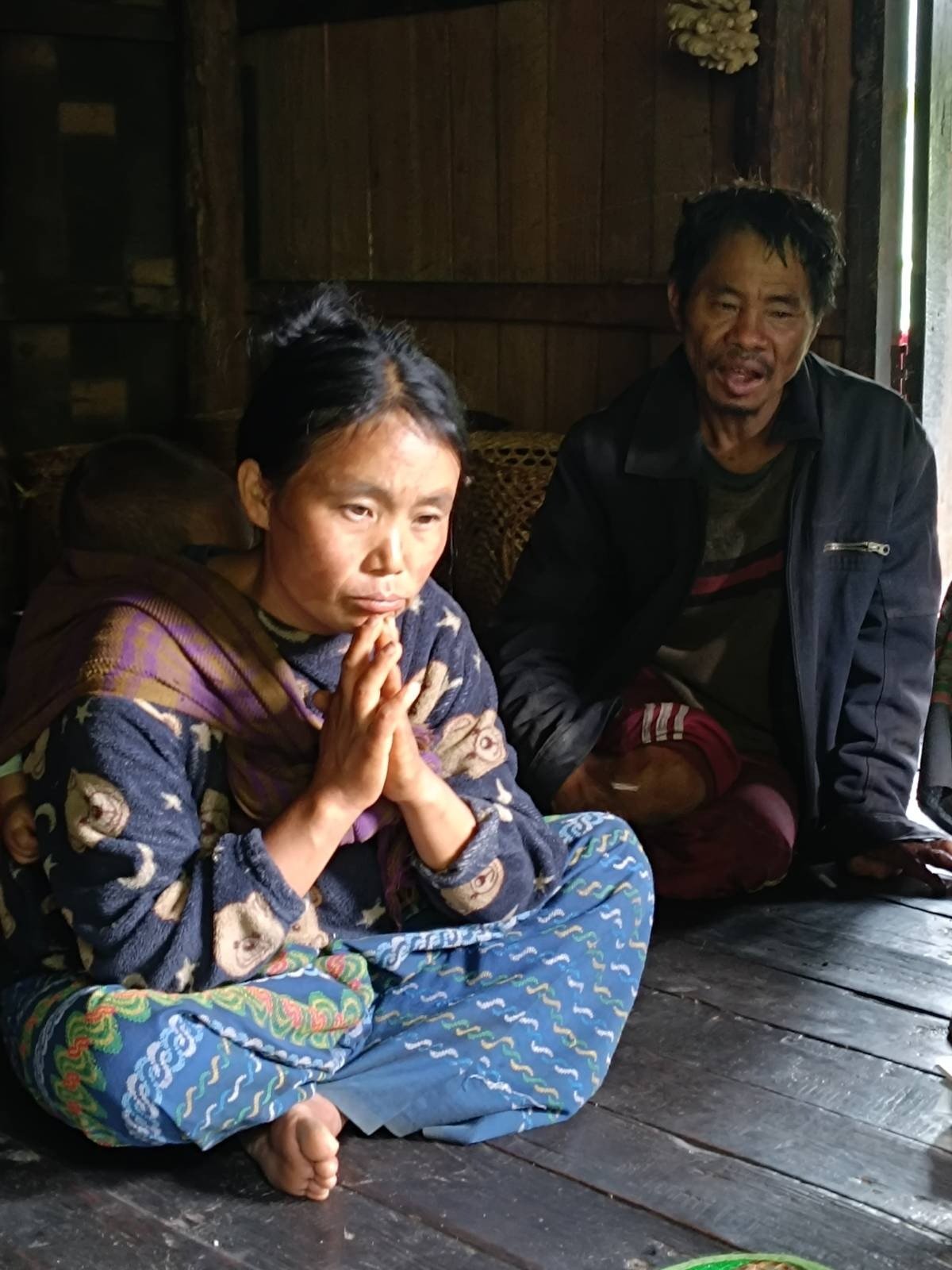Enduring the Storm: A Lifeline for Chin State’s Displaced Communities
Chin State, once home to peaceful rural villages, has been turned into a battleground, and the situation there is certainly harrowing. The violence, displacement, and hardships Chin communities are facing are overwhelming; every day is a struggle for survival; airstrikes and military operations force thousands from their homes. Civilians are caught in the middle, with some losing everything, including family members, in the chaos. Many have fled for their lives, and the amount of displacement there is staggering. Whole communities have been uprooted.
In the face of all this, local teams supported by Better Burma, with funds allocated through the contributions that our donors have so generously offered up, have been working tirelessly to target help to who needs it most, most often the elderly, children, pregnant women, and the disabled are especially vulnerable, often unable to flee quickly enough, or suffering from a lack of access to even the most basic care. Our aid teams, composed of local medics, volunteers and community leaders, have risked their lives to deliver food, medical aid, and essential supplies to some of the most remote and dangerous parts of Chin. The work is grueling and often dangerous; landmines are a constant threat, blocking key routes into villages. There have been instances where teams had to wait hours for fighting to die down before they could continue their journey. Despite this, they have been able to reach hundreds of families, bringing not just aid, but hope.
In Mindat, a town that has seen some of the worst violence, the teams have distributed life-saving supplies to over 500 households. For families who have lost their homes or are living in makeshift camps, receiving rice, lentils, and canned goods means survival. The food is enough to sustain them for a few weeks, and while it’s not enough to end their suffering, it at least keeps hunger at bay for a while.
But it’s not just food that is needed. Medical aid is a critical part of these missions. In Paletwa and other regions, local medics have set up temporary clinics to treat landmine victims, pregnant women in labor, and children suffering from malnutrition or diseases like diarrhea and malaria. In one instance, a mother and her newborn were both saved after a difficult delivery in one of these makeshift clinics. Without the team’s intervention, neither would have survived. Stories like this are common, and they underscore the importance of these local teams and the support they receive from these local teams that we’ve been able to support.
The violence and upheaval in Chin State has resulted in growing numbers of orphans. These children are especially vulnerable, not just to hunger and illness, but also to exploitation, including recruitment by armed groups. Local teams have taken great care to identify and protect these children, ensuring they are placed in safe environments, though resources to care for them are limited.
Despite the teams’ herculean efforts, the needs in Chin continue to grow. Each new wave of violence creates more displaced families, more injuries, more orphans and more hunger. The supplies they’ve been able to distribute—food, medicine, and hygiene items—are keeping people alive, but only just. Every day, more people arrive in need of help, and without increased funding and resources, there’s a limit to how much can be done. And now the lack of clean water is leading to a rise in preventable diseases, and without mosquito nets, malaria is spreading through the camps. In many places, people are forced to drink from contaminated streams, risking their lives just to quench their thirst.
We’ve already seen the difference that your donations can make. Every contribution goes directly to those on the ground, helping to save lives and provide relief in one of the most dangerous regions of Myanmar. If you’ve already given, thank you! Your support has been crucial, and we ask that you consider giving again, as the need is ongoing and urgent. For those who are considering helping for the first time, know that even a small donation can go a long way.








